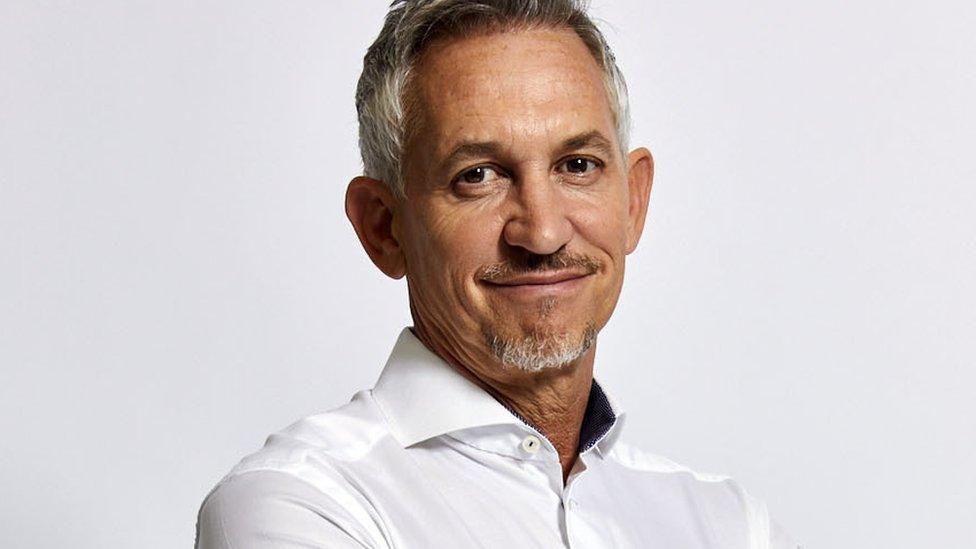Why BBC salaries are such a hard sell
- Published

Gary Lineker is the BBC's highest paid star
It's become a tradition already.
Not the publication of the Annual Report, which is as old as the BBC; rather, public dissection of the salaries for top earners, particularly those familiar faces and voices from TV and radio. As with last year, my name is on the list.
This year's report is published shortly after the BBC has said it won't pay for the free licences of over-75s, unless they are on pension credit. That means the BBC is having to defend paying rich people a lot of money while - so its critics argue - depriving a lot people who aren't very rich of a benefit they treasure.
The corporation argues, with some justification, that it has made substantial changes on gender pay. But many female members of staff feel that is merely convenient cover for a culture which still doesn't get, let alone believe in, equal pay for equal work. The BBC denies this.
The vast bulk of the Annual Report is actually about the BBC's attempt to navigate a suddenly new world. Lord Hall has made a series of big structural changes in his tenure .
These include: merging BBC Studios and Worldwide to get into intellectual property in a big way; launching sign-in for the iPlayer and getting provisional approval for programmes to be on for 12 months; launching Britbox (an announcement on the archive subscription service with ITV is imminent); launching BBC Sounds; and the partnership with Discovery.
Together they begin to constitute a legacy for him. I asked about all the above when, under time constraints, I interviewed him yesterday. Here's some of that interview:
The BBC's director general Lord Hall explains the decision to cut free TV licences for most pensioners
